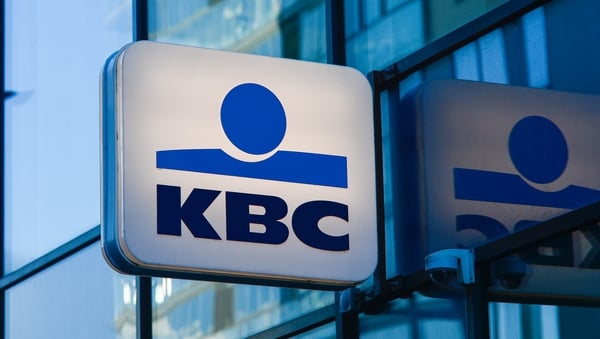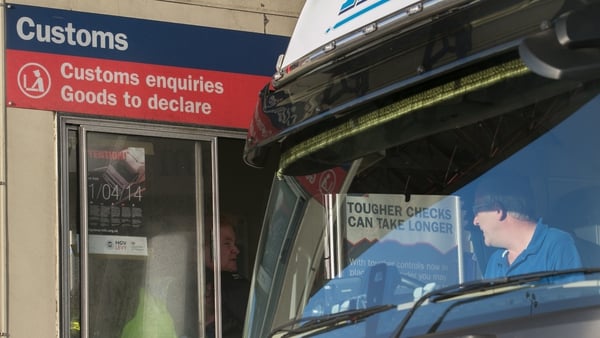Small and medium sized business organisation, ISME, has said it is gravely concerned about proposals on collective bargaining put forward by a Government backed working group.
It suggests that the threshold for collective bargaining should be 10% of the workforce with no minimum limit as to the number of employees.
It also recommends reforms to the Joint Labour Committees system - independent bodies made up of equal numbers of employer and worker representatives that set employment conditions and minimum rates of pay for workers in certain sectors.
ISME, which is not a part of LEEF but wants to be and has sought inclusion for a number of years, claims the proposals are not practical for small businesses.
"Excluded from the State-sponsored process are small and medium enterprises that make up 99.8% of active enterprises in Ireland and employ 66% of workers in the productive economy," ISME chief executive, Neil McDonnell.
"Micro enterprises (those with less than ten persons engaged) account for 92% of enterprises in the economy and 26% of persons engaged."
"It is absurd and contradictory to suggest that those businesses would be required to enter into collective bargaining with trade unions when they are deprived of recognition by the State body on which the unions themselves sit."
The business organisation also claims that because 92% of businesses employ less than ten people, the 10% threshold for collective bargaining is "absurdly low".
It means, Mr McDonnell said, that collective bargaining could be imposed on a business where one employee wanted it and nine did not.
"The legislation upon which this proposal is grounded sets a minimum number of employees and concerns employee consultation only, not collective bargaining," he added.
Mr McDonnell also criticised the absence of a suggested methodology by which collective bargaining would be conducted with small businesses.
"Small businesses do not have a professional HR function, and the owner is regularly a part of the workforce themselves," he said.
"They would not be in a position to sit down with a trade union, let alone release a section of their workforce for union meetings."
"As the trade union movement is seeking to engage with the SME sector, it is incumbent upon them to explain how such engagement would occur in the SME sector."
Chaired by Professor Michael Doherty from the School of Law and Criminology at Maynooth University, the High Level Working Group was also made up of representatives of employers organisation Ibec, the Construction Industry Federation, Fórsa, Siptu and ICTU, as well as Government officials.
Ibec backed the report, saying there was strong consensus among the working group's members that the recommendations contained in the report, if implemented, will be a significant first step in progressing a positive momentum in collective bargaining coverage.






